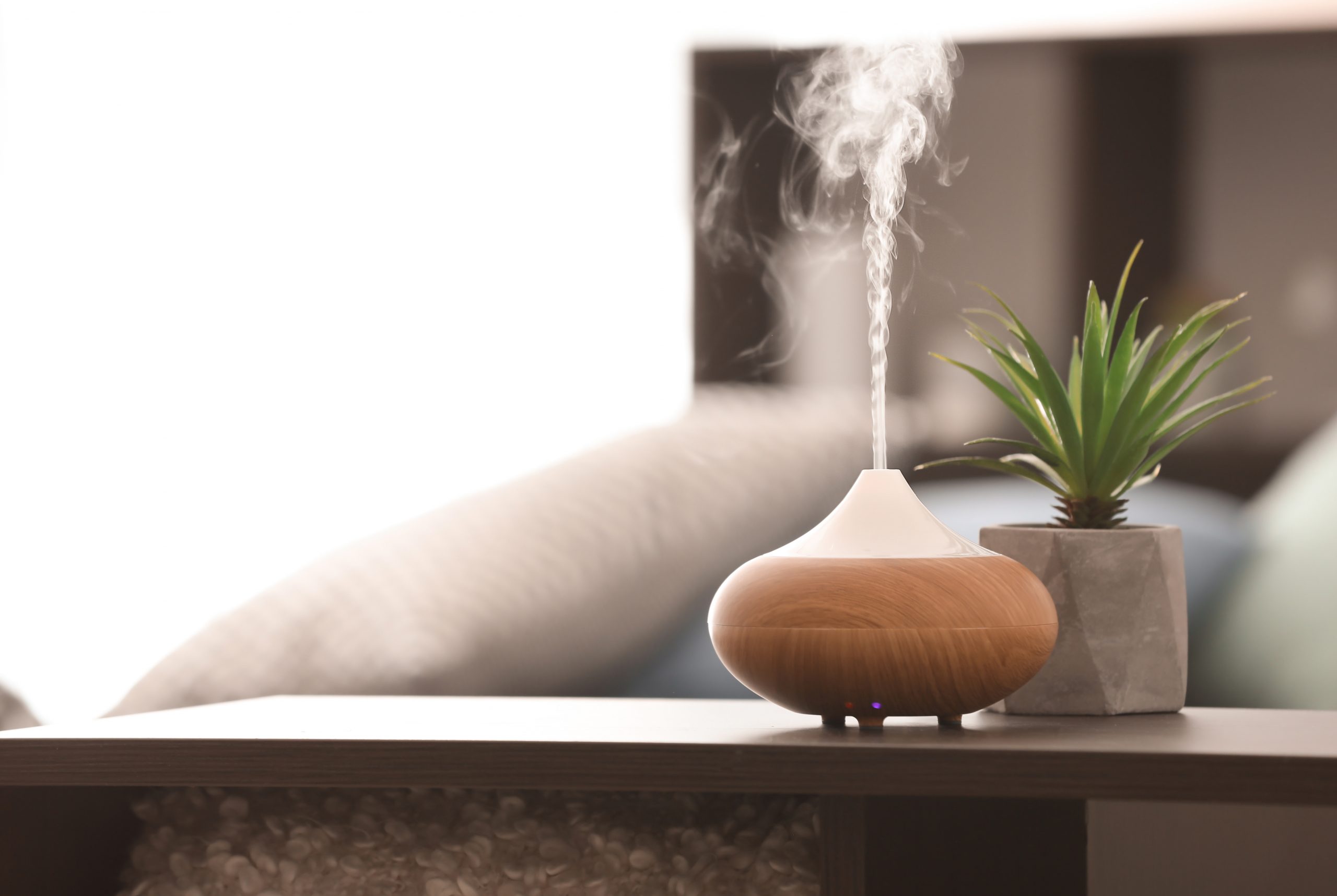If your nature is to stay up until the wee hours of the morning, it will take some training to get used to a different schedule. Well, that and some quality bedding, like sheets with a decent thread count and an adjustable bed base.
Here are some ideas for how to go to bed early that will change the way you approach getting enough sleep.
1. Bid Blue Lights Goodbye
Your body is equipped with something called the circadian rhythm. It’s basically a 24-hour clock that helps inform your brain of things like when it’s time to be alert and when it’s time to sleep; the rhythm also regulates things like hormone and body temperature. But your body doesn’t come up with the rhythm on its own. It relies on a lot of external triggers, especially light.
Most electronics emit something called blue light, which will fool your brain into thinking that it’s still time to remain awake and alert. You should aim to take in less light in the evening – especially handheld devices that are close to your face. In order to go to sleep early, put down your phone and tablet about 90 minutes before you want to go to sleep.
2. Introduce Some Aromatherapy

At least one review of 12 studies on aromatherapy and sleep found that using essential oils can improve the quality of sleep. Lavender is particularly good at helping people fall asleep. If you’re trying to figure out how to go to bed early (and you want to avoid sleep aids), an oil diffuser in your bedroom is a great alternative. Just a few drops of oil will fill the area around your bed with soothing scents that ease your mind to sleep.
Added bonus: if you use essential oils in your bedroom, they will keep your space smelling fresh and clean. And it’s a whole lot safer than burning candles, especially when you’re about got to sleep.
3. Up Your Magnesium Intake
Magnesium is a mineral that helps activate the neurotransmitters in your brain responsible for sleep. If you’re on the hunt for a natural way to ease into an early bedtime, try upping your intake of magnesium-rich foods. These include avocados, almonds, dark chocolate, spinach, and beans.
You should get about 200-400mg of magnesium per day. Not the biggest fan of the food choices? There are supplements available in pill form that will increase your magnesium levels without having to go full Popeye and eat a spinach salad for dinner every night.
4. Rethink Your Bed Setup
You may be struggling to sleep earlier because your bed just isn’t comfortable enough. Most beds aren’t made to last longer than a decade, and traditional spring mattresses will sag and droop and prod you with broken springs. Not exactly a recipe for falling asleep as soon as you hit the pillow.
A copper-infused memory foam mattress and matching pillows will contour to your body and keep you cool throughout the night. Some pillows, like the Layla Kapok Pillow, for example, allow you to adjust their height until they’re perfect. Just unzip the side and remove some of the filling until you’re comfortable.
5. Don’t Wait to Be Sleepy to Go to Bed
You don’t have to wait to be droopy-eyed to crawl into bed. In fact, you shouldn’t. A healthy nighttime routine should begin at an appropriate time – even when you’re not tired yet. For instance, if you have to get up at 6 a.m., you should get into bed at 10 p.m. no matter what. Try to avoid eating or working from a laptop in bed; your brain should get the signal that it’s time to sleep when you crawl beneath the sheets. If you still can’t fall asleep, try reading in bed or listening to relaxing meditation music or a white noise machine to quiet your thoughts and get your body into slumber mode.

6. Eliminate Afternoon Caffeine
It’s hard to crack the case of how to go bed early if you’re hopped up on that sweet, sweet socially-acceptable stimulant: caffeine. A cup of morning coffee does your body good (or at least that’s what you tell yourself), but a glass of soda at 6 p.m. is a recipe for staring at the ceiling all night.
You may have to do some trial and error to figure out when your daily caffeine cut-off time is. No matter what, you shouldn’t have caffeine for at least three hours before you want to fall asleep (but cutting yourself off at 4 p.m. is probably a good idea)
7. Try to Get More Daily Natural Light
As we mentioned earlier, your body’s circadian rhythm is largely informed by light. Getting outside during the day can not only help regulate your internal clock but encourages melatonin production. Your brain releases melatonin when it’s time for you to go to sleep, so you want to soak up some rays during the day in order to better fall asleep early.
If you spend all day inside, it could be more difficult for your body to recognize when it starts to get dark outside and it’s time to retire. Even if it’s cloudy outside, a 10-minute walk is good for your sleep cycle.
8. Be Consistent (Even When You Don’t Want To)
Now that you have some tips in your arsenal for how to sleep early and wake up on time, you have to stick to them. No, really. You can’t go to bed on time and use your aromatherapy when you feel like it, then drink a 20 oz soda and stay up until midnight a day later.
The real secret to learning how to go to bed early is consistency. It can take time for your brain and body to adjust to a new wake-sleep cycle. By maintaining the same schedule over several weeks, you’ll create a new natural bedtime.
Ready to make an early bedtime a part of your regular routine? We’re proud of you. In addition to changing your habits and swapping out your old mattress for a modern, memory foam model, you may want to consider investing in a weighted blanket? These hefty covers can calm your nerves and send your body into immediate relaxation. You’ll be happier than ever to get into bed and call it a day.
Questions about making a new sleep routine? Contact Layla Sleep today to learn more about transforming your bedroom into a sleep haven.



